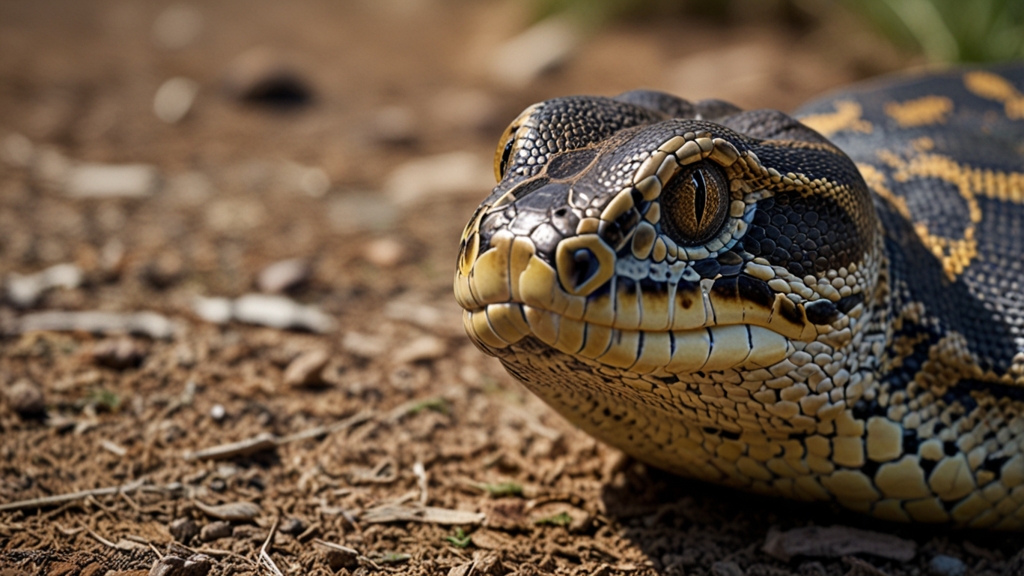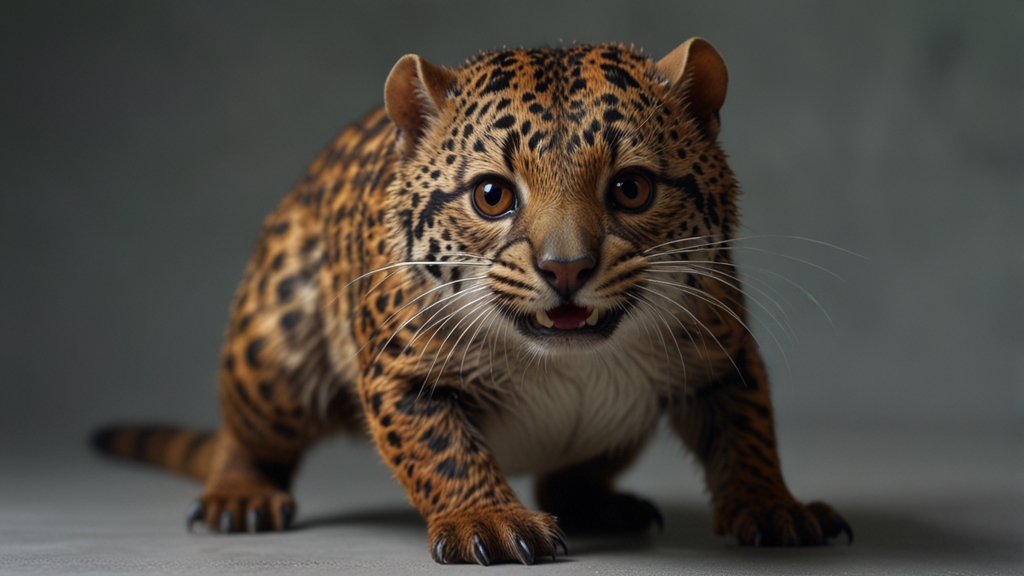The Science of Animal Play: Why It Matters
Animal play is a captivating phenomenon that has intrigued scientists, pet owners, and nature enthusiasts for decades. Far from being mere frivolity, play behavior in animals serves multiple important functions that contribute to their physical, cognitive, and social well-being. Examining the multifaceted roles of play in the animal kingdom can provide insights into both animal behavior and the evolution of complex behaviors. This article delves into the reasons why play is essential for animals and what it reveals about their minds and social structures.
Understanding Play in Animals
Play in animals can be broadly categorized into three types: social play, object play, and locomotor play. Social play involves interactions between individuals, such as play fighting or chasing. Object play involves manipulating objects, like a dog with a ball or a crow with a piece of string. Locomotor play involves activities that allow animals to practice physical movements, such as running, jumping, or flying.
"Play is more than frivolous activity; it helps animals develop physical skills, social bonds, and even problem-solving capabilities," says Dr. Marc Bekoff, an ethologist specializing in animal behavior.
The Developmental Benefits of Play
One of the primary reasons animals engage in play is to develop essential survival skills. Through activities such as mock fighting and chasing, young animals practice motor skills and techniques that they will need in adulthood for hunting, escaping predators, and social interactions.
Cognitive benefits are another significant aspect of play. Problem-solving skills are often honed during playtime, as animals explore their environments and manipulate objects. For instance, studies have shown that corvids (a family of birds that includes crows and ravens) use play to experiment with tools and strategies that they can later apply to obtain food.
Social Bonds and Hierarchies
Social play is critical for the development and maintenance of social bonds and hierarchies within animal groups. Wolves, for example, engage in playful behavior to establish and reinforce their social rankings. Similar patterns are observed in primates, where playfighting serves to negotiate relationships and social status within the group.
"Play enables animals to build strong social networks, which can be crucial for survival in complex habitats," notes Dr. Jane Goodall, renowned primatologist and anthropologist.
Regulating Emotions Through Play
Another intriguing aspect of animal play is its role in emotional regulation. Play activities can provide a safe outlet for animals to express anxiety, fear, or aggression in a controlled manner. This emotional regulation is particularly evident in species that live in highly social environments, where maintaining harmony within the group is essential.
The Evolutionary Perspective
From an evolutionary standpoint, play behavior may have been naturally selected because it offers numerous adaptive advantages. By enhancing physical skills, cognitive abilities, and social cohesion, play behavior can increase an individual's chances of survival and reproduction. This notion is supported by observations that play is more prevalent among species with complex social structures and higher levels of cognitive function.
Interestingly, the benefits of play are not confined to just the young. Adult animals also engage in play, although often less frequently than juvenies. This ongoing engagement in play could continue to reinforce social bonds and stimulate the brain, promoting overall mental and physical health.
Human Implications
Studying play in animals not only helps us understand their behavior but also offers valuable insights into human development and psychology. Many parallels can be drawn between human and animal play, particularly in early childhood development. Understanding the fundamental importance of play can inform approaches to education, therapy, and even workplace dynamics, emphasizing the need for playful interactions and creative problem-solving in our own lives.
Conclusion
The science of animal play is a fascinating field that underscores the complexity and richness of animal behavior. Far from being a trivial activity, play serves critical developmental, social, and emotional functions in the animal kingdom. As we continue to explore and understand these behaviors, we not only gain a deeper appreciation for the animals we share our planet with but also uncover valuable lessons that can be applied to human society.
"In the end, play is a testament to the joy of life and the richness of experiences that living beings, both human and non-human, can share," reflects Dr. Stuart Brown, founder of the National Institute for Play.








